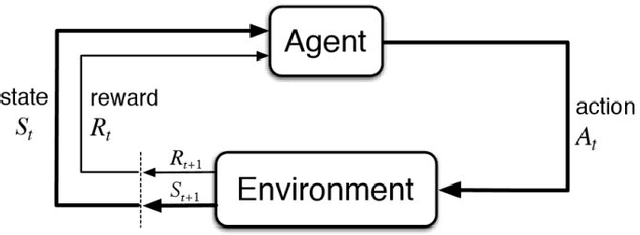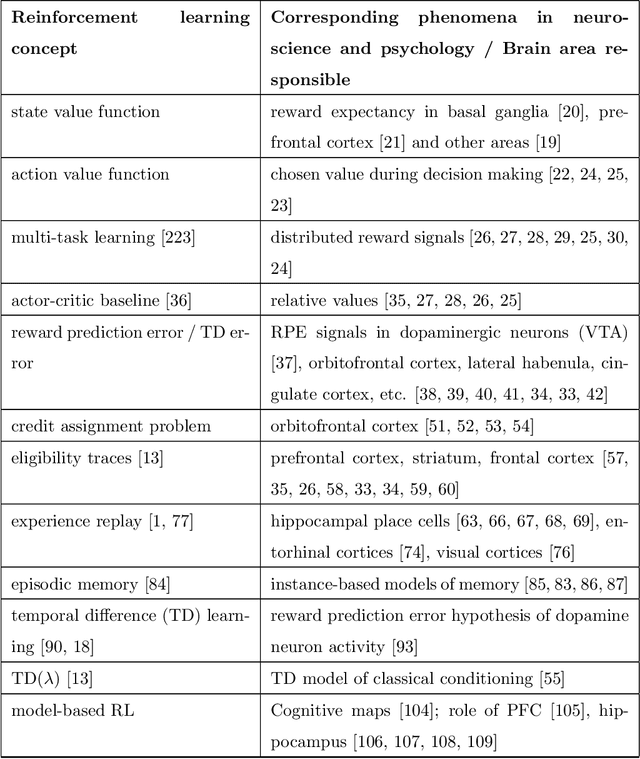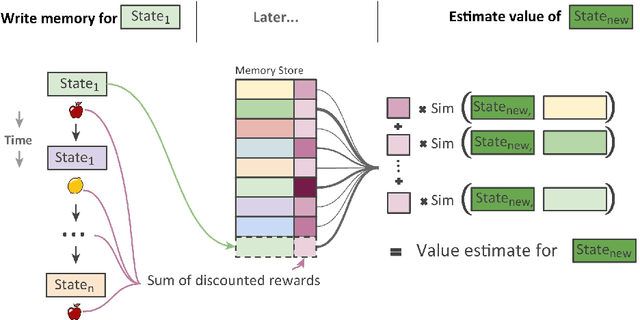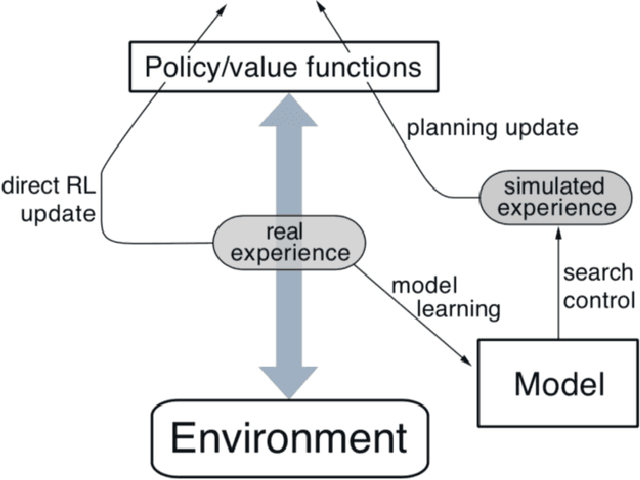Psychological and Neural Evidence for Reinforcement Learning: A Survey
Paper and Code
Jun 25, 2020



Reinforcement learning methods have been recently been very successful in complex sequential tasks like playing Atari games, Go and Poker. Through minimal input from humans, these algorithms are able to learn to perform complex tasks from scratch, just through interaction with their environment. While there certainly has been considerable independent innovation in the area, many core ideas in RL are inspired by animal learning and psychology. Moreover, these algorithms are now helping advance neuroscience research by serving as a computational model for many characteristic features of brain functioning. In this context, we review a number of findings that establish evidence of key elements of the RL problem and solution being represented in regions of the brain.
 Add to Chrome
Add to Chrome Add to Firefox
Add to Firefox Add to Edge
Add to Edge